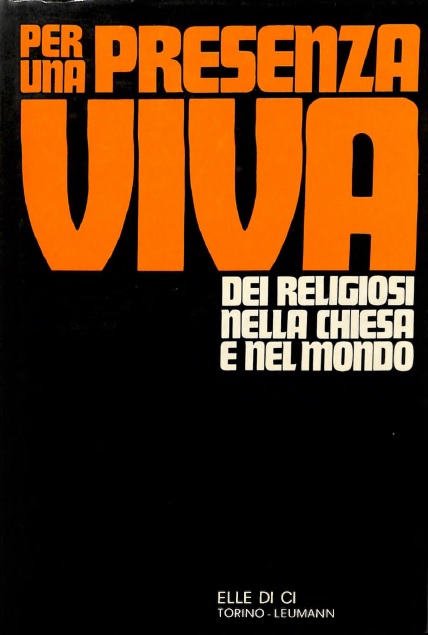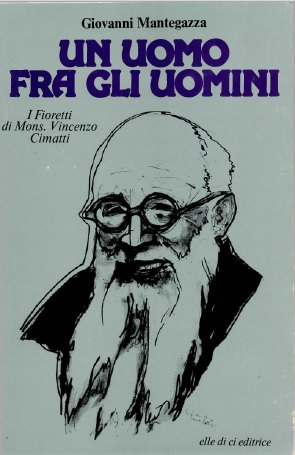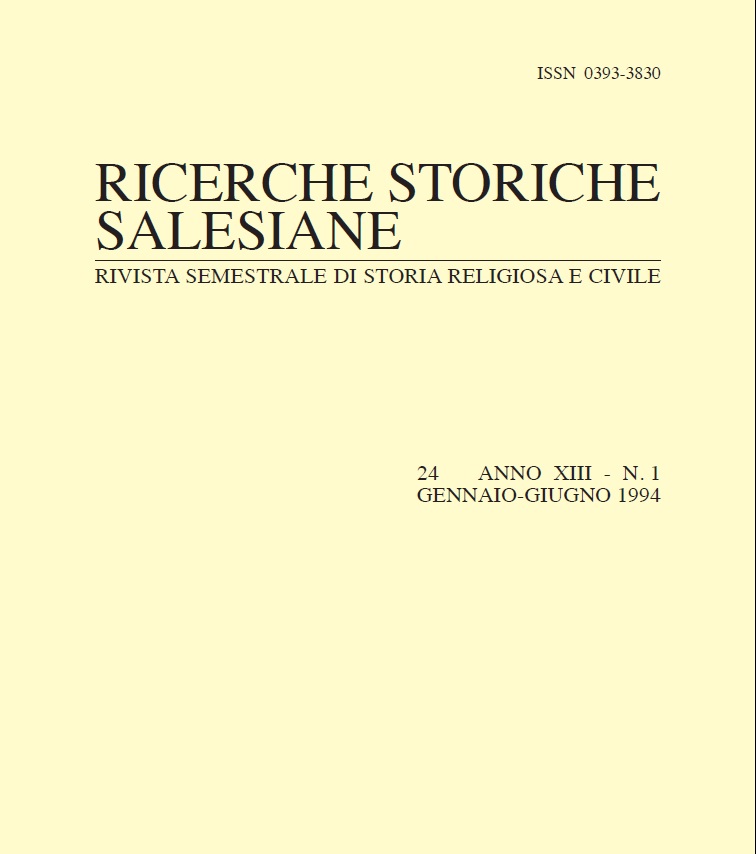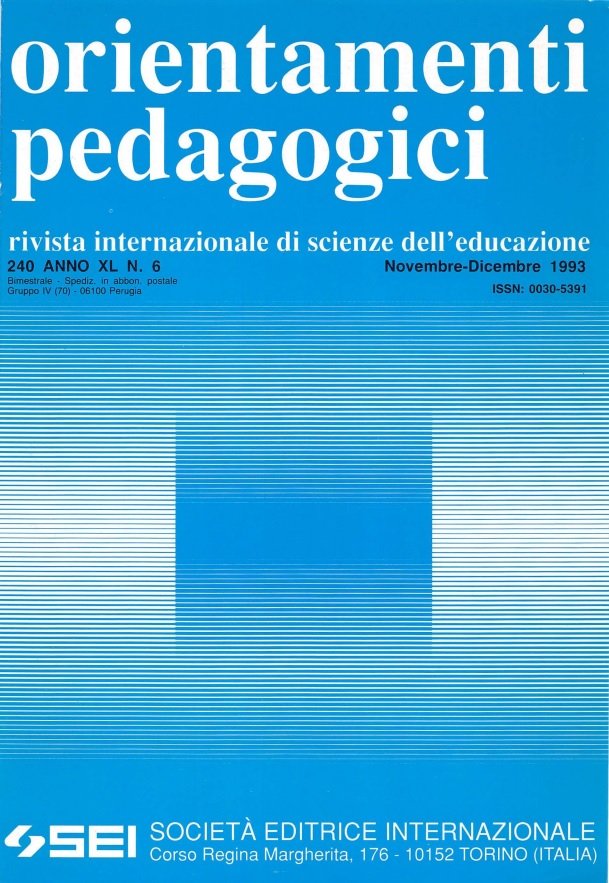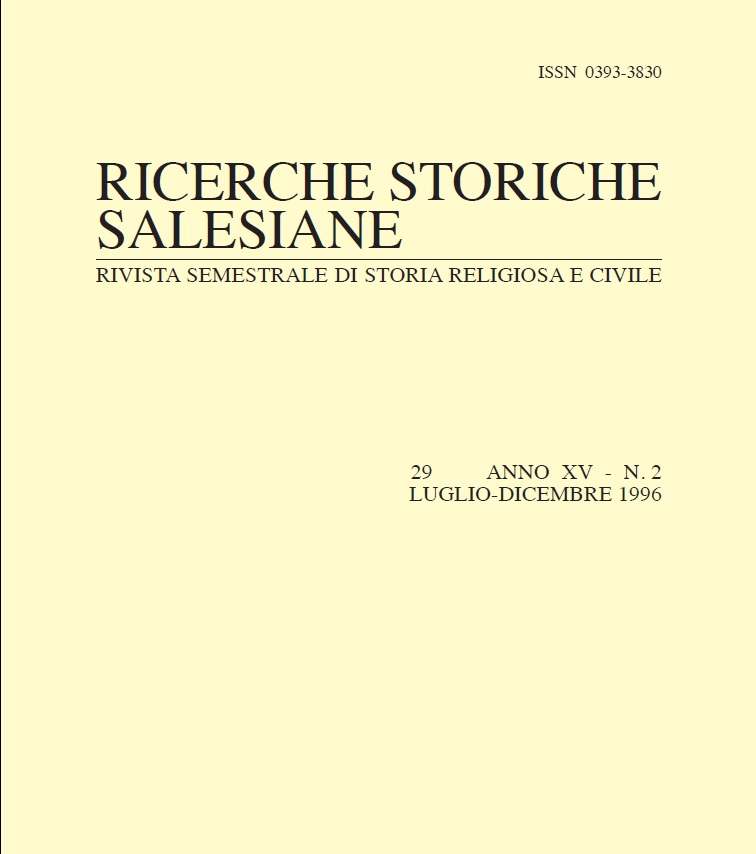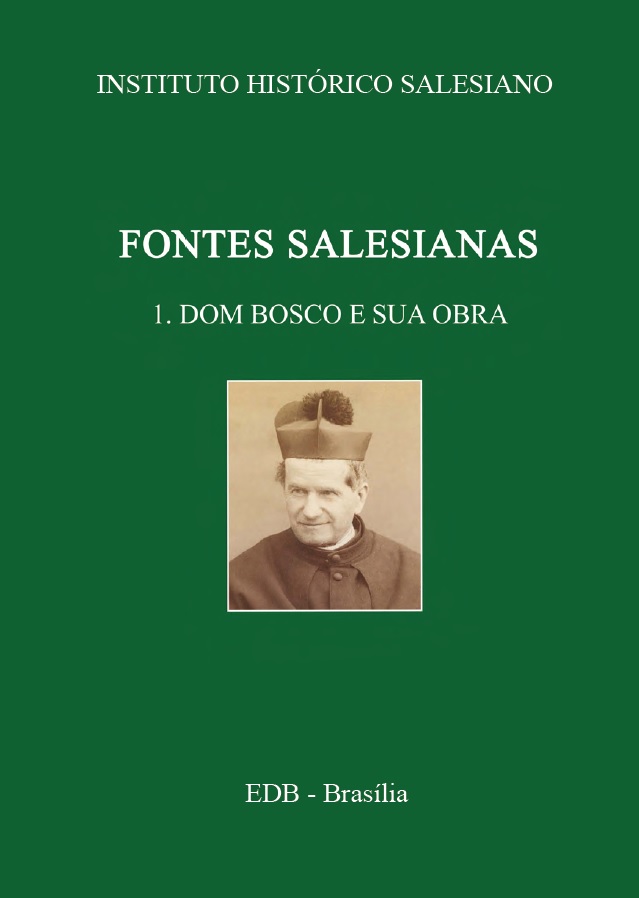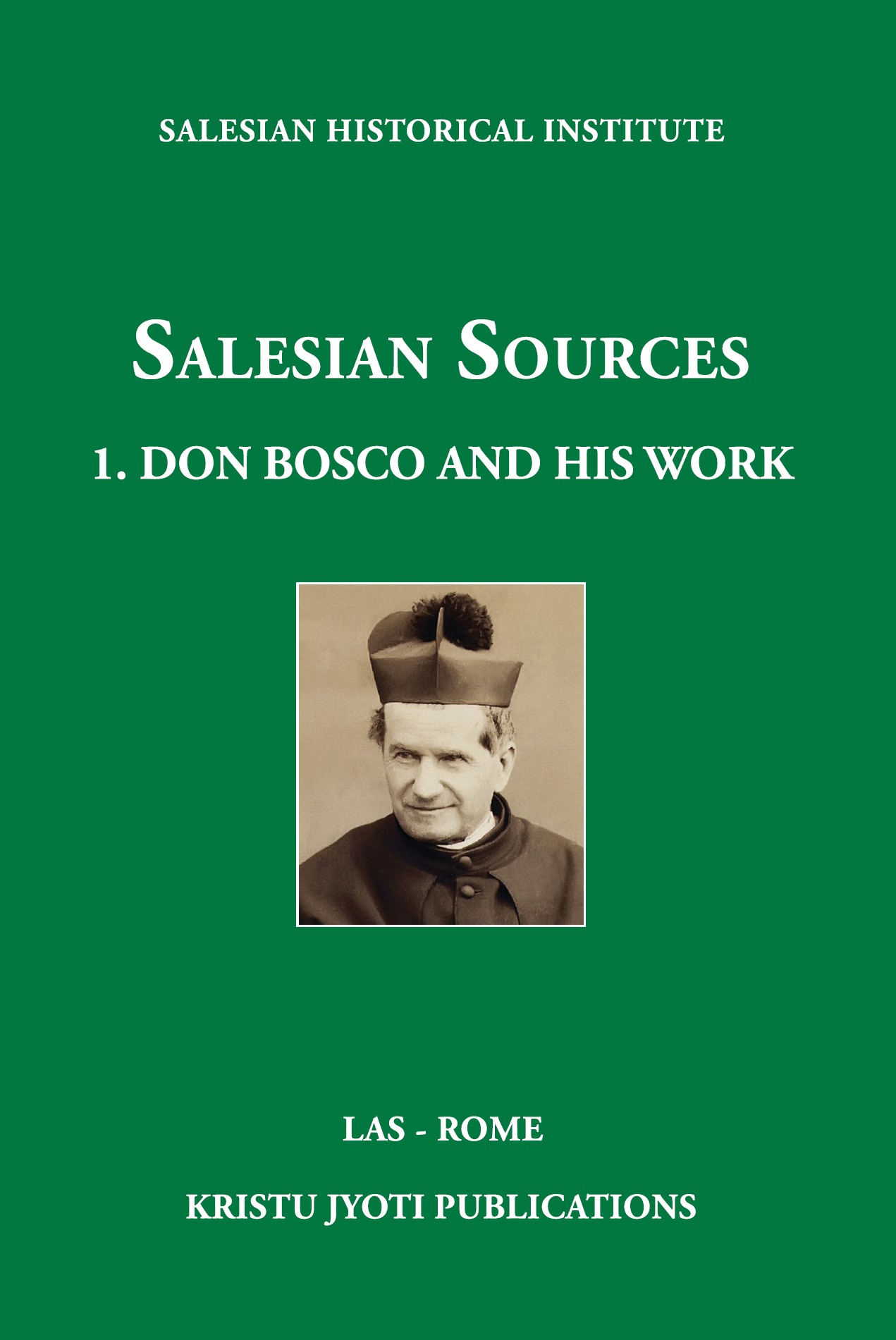L’articolo esplora il legame intrinseco tra la vita religiosa e la Chiesa, sottolineando che la vocazione religiosa è un dono divino rivolto all’intera comunità ecclesiale. Continue reading “V. Gambino – “La dimensione comunitaria o di «koinonia» della vita religiosa” in “Per una presenza viva dei religiosi nella Chiesa e nel mondo””
